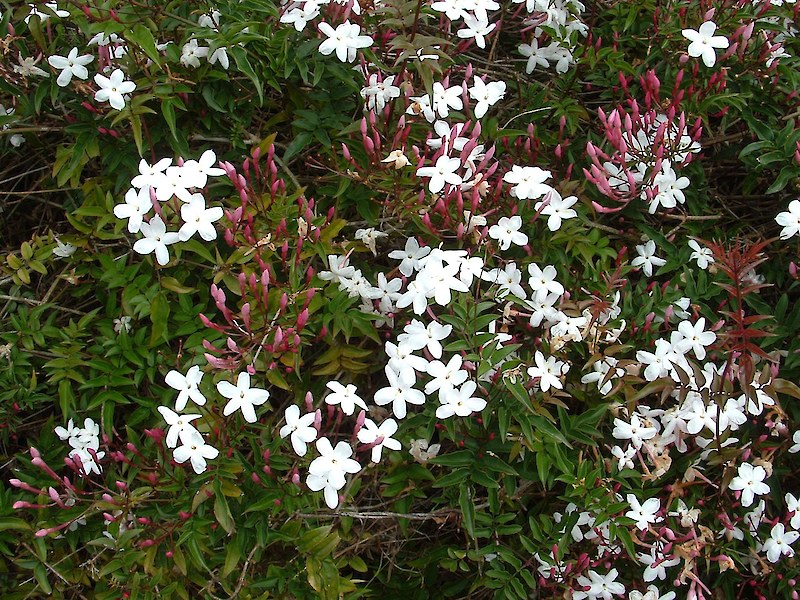
Climbing Jasmine (Jasminum polyanthum) is a perennial climbing vine from West China which flowers in late winter or early spring. The flowers are pink and white and are highly fragrant. It is not to be confused with lemon-scented Jasmine (Jasminum azoricum), common jasmine (J. officinale) or Star jasmine (Trachelospermum jasminoides), all of which can be safely grown in Auckland. The pink flowers of climbing jasmine distinguishes it from these three other types of jasmine, which all have white flowers.
As pretty as this plant can be, unfortunately it is a strong competitor with native plants as it scrambles over trees and smothers seedlings on the ground. In native forests, it can form dense, long-lived mats which grow profusely and spread easily. In your backyard, it can quickly become out of control, competing with neighbouring plants and will spread easily into neighbouring land. It has been listed as a Sustained Control plant in the Auckland Regional Pest Management Plan 2020-2030.
Jasmine is quite difficult to control, as it is a hardy, fast-growing climber. However, it can be traced back to a root and cut-stumped with metsulfuron weed gel. Typically use secateurs to cut as close to the base of the plant as possible, then apply the weed gel immediately. It can be difficult to find all the stems of the plant, but if you wait a week, you will start to see signs of browning. This will help to indicate any areas that you may have missed. Jasmine can also be foliar sprayed with glyphosate and a pressurized sprayer. As this is a less targeted method, take care to only apply the foliar spray to the leaves of the jasmine and avoid any overspray. We don’t recommend spraying around rainy periods or during windy days. While the vine can easily spread via runners and through bird dispersal, a significant contributor to its spread through the region has been through the dumping of garden waste. When controlling it, make sure any fragments or plants are disposed of in green-waste or landfill waste.
Further resources –
Weedbusters
NZPCN
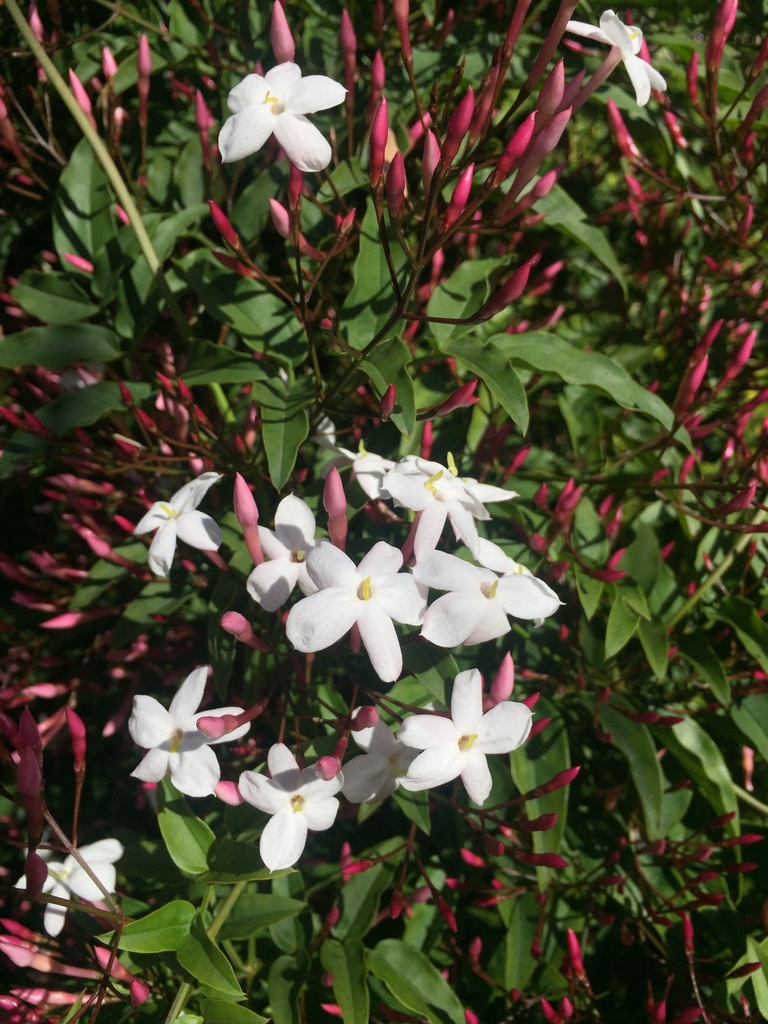
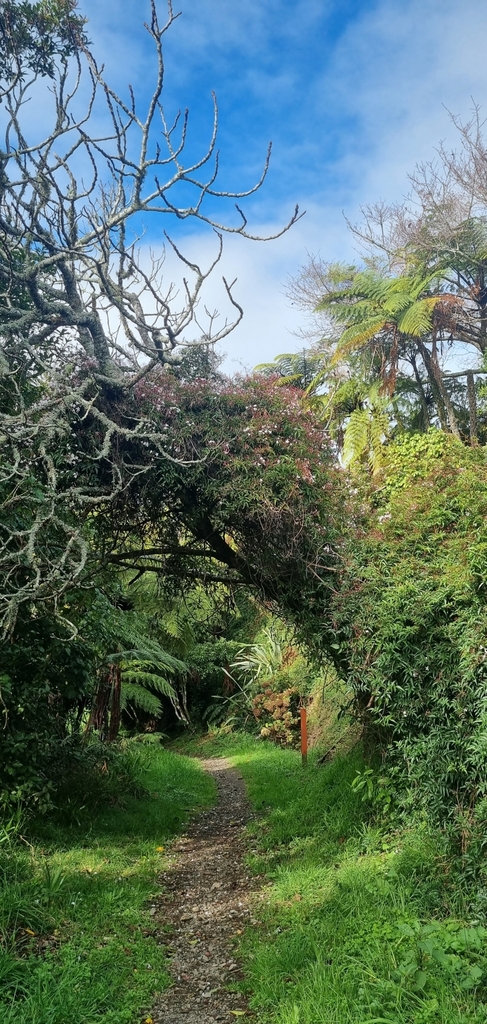

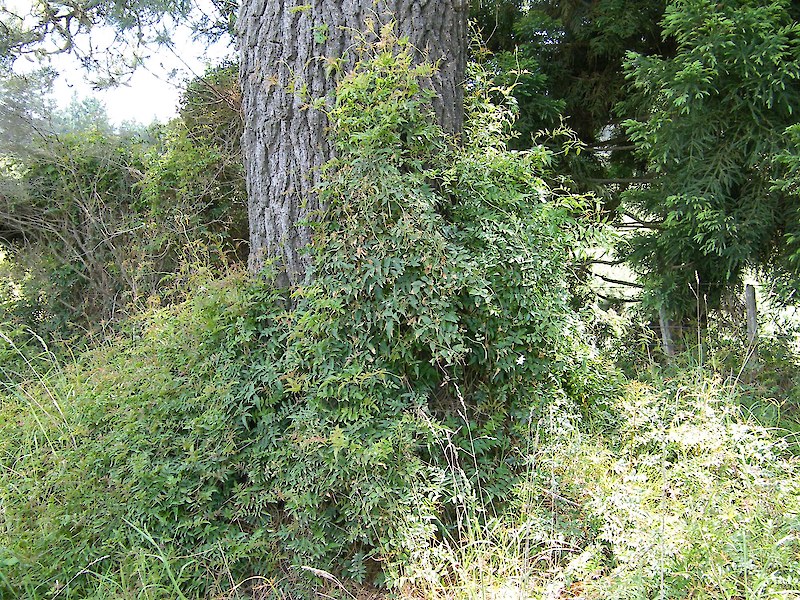
By Samantha van Ryn
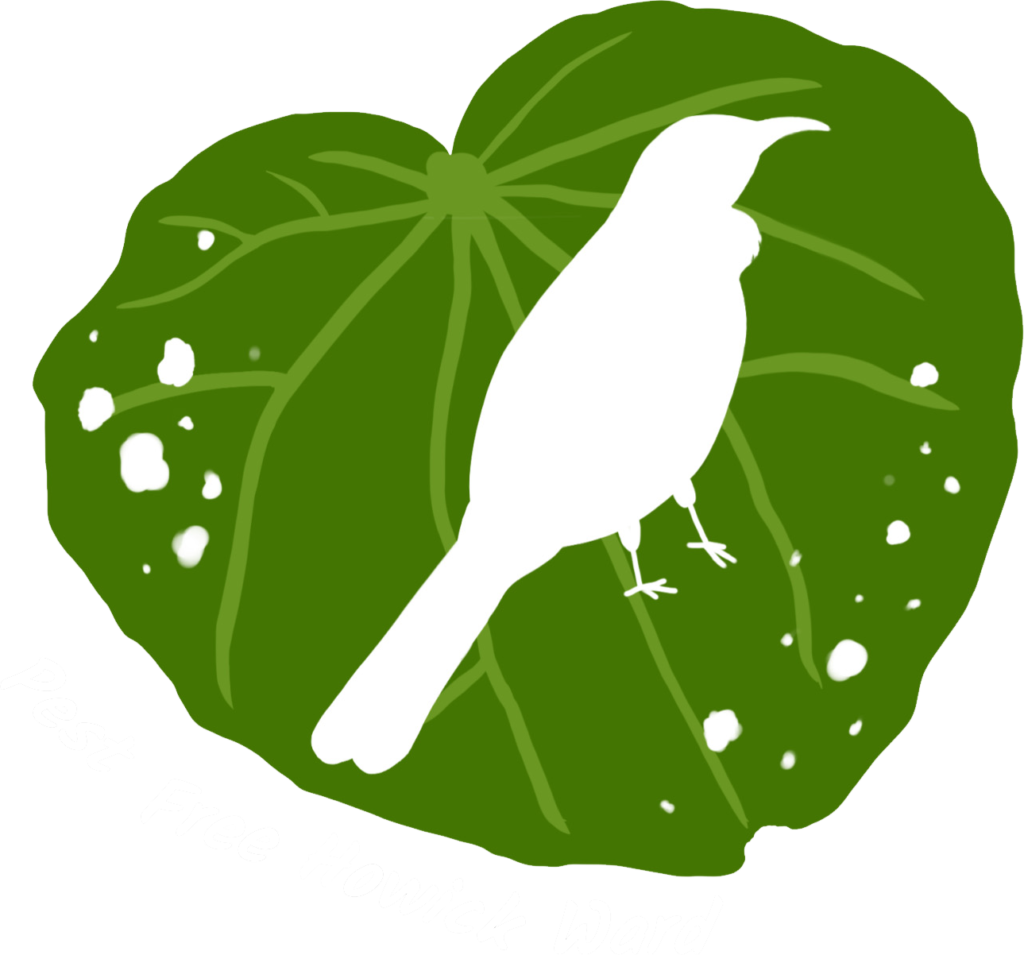
© Copyright 2024 - PEST FREE HOWICK WARD
A Howick Local Board funded project

Leave a Reply